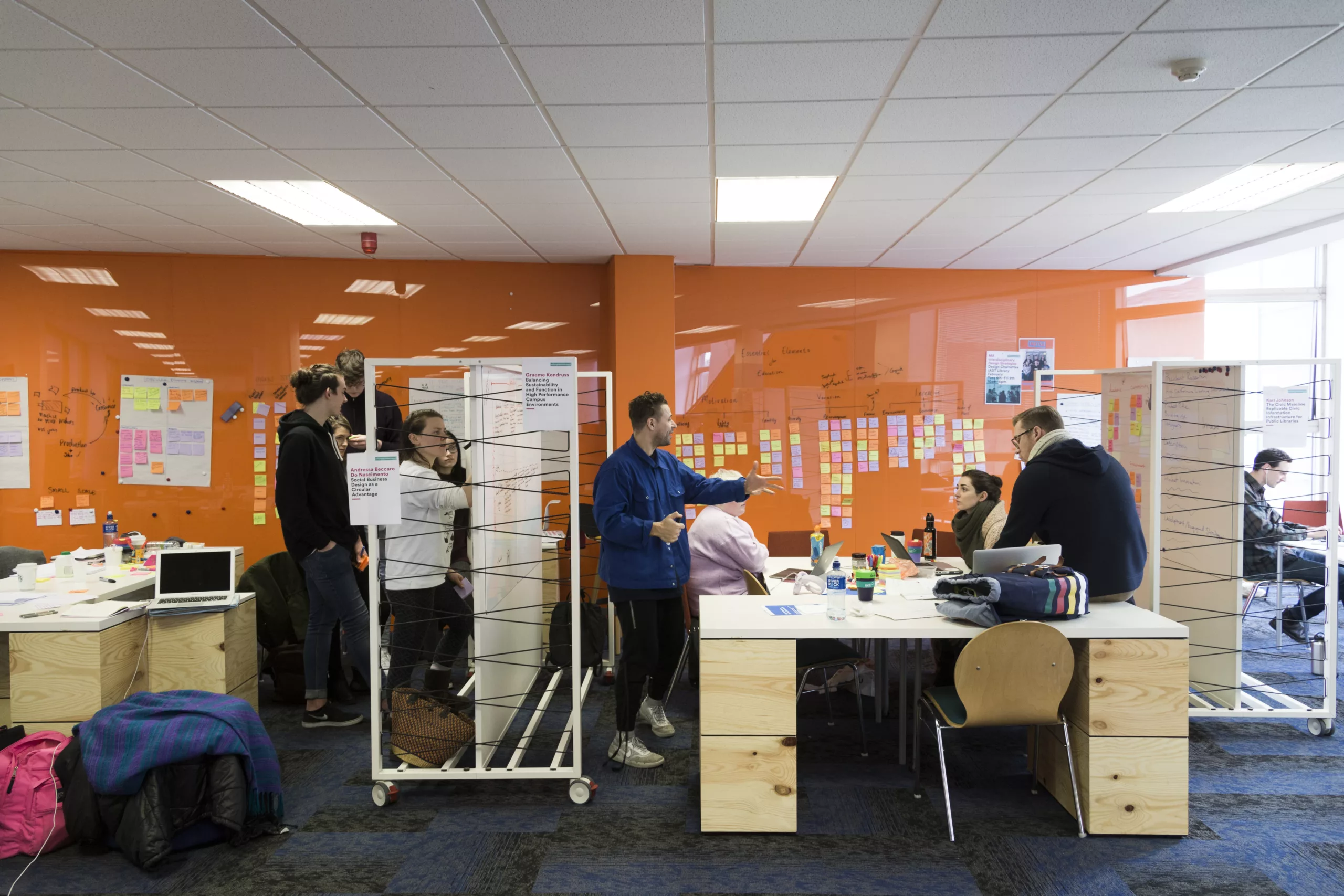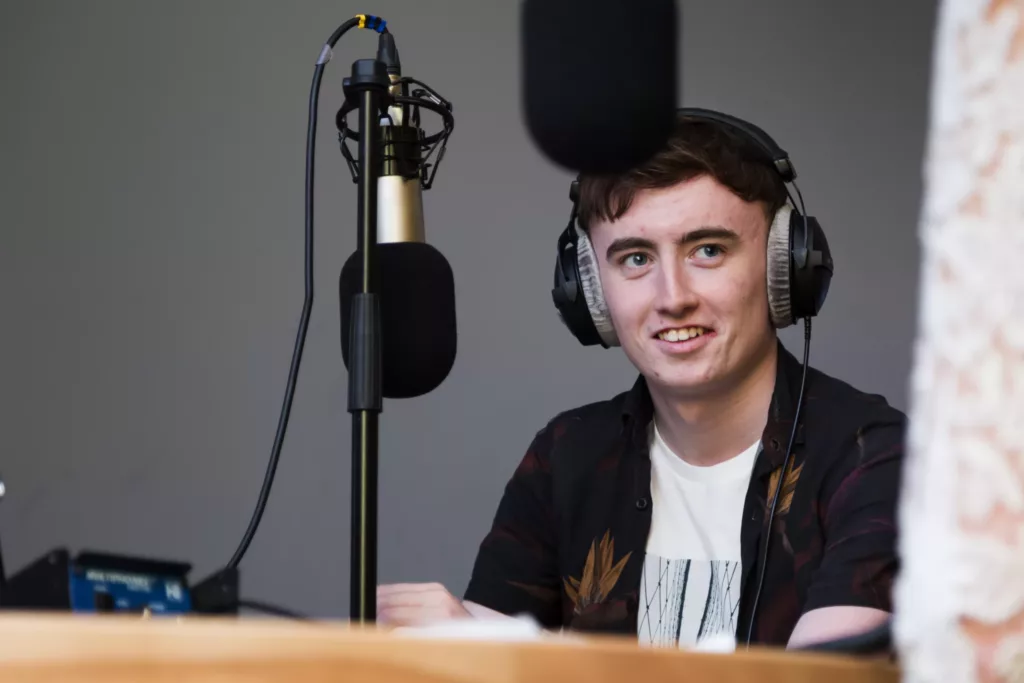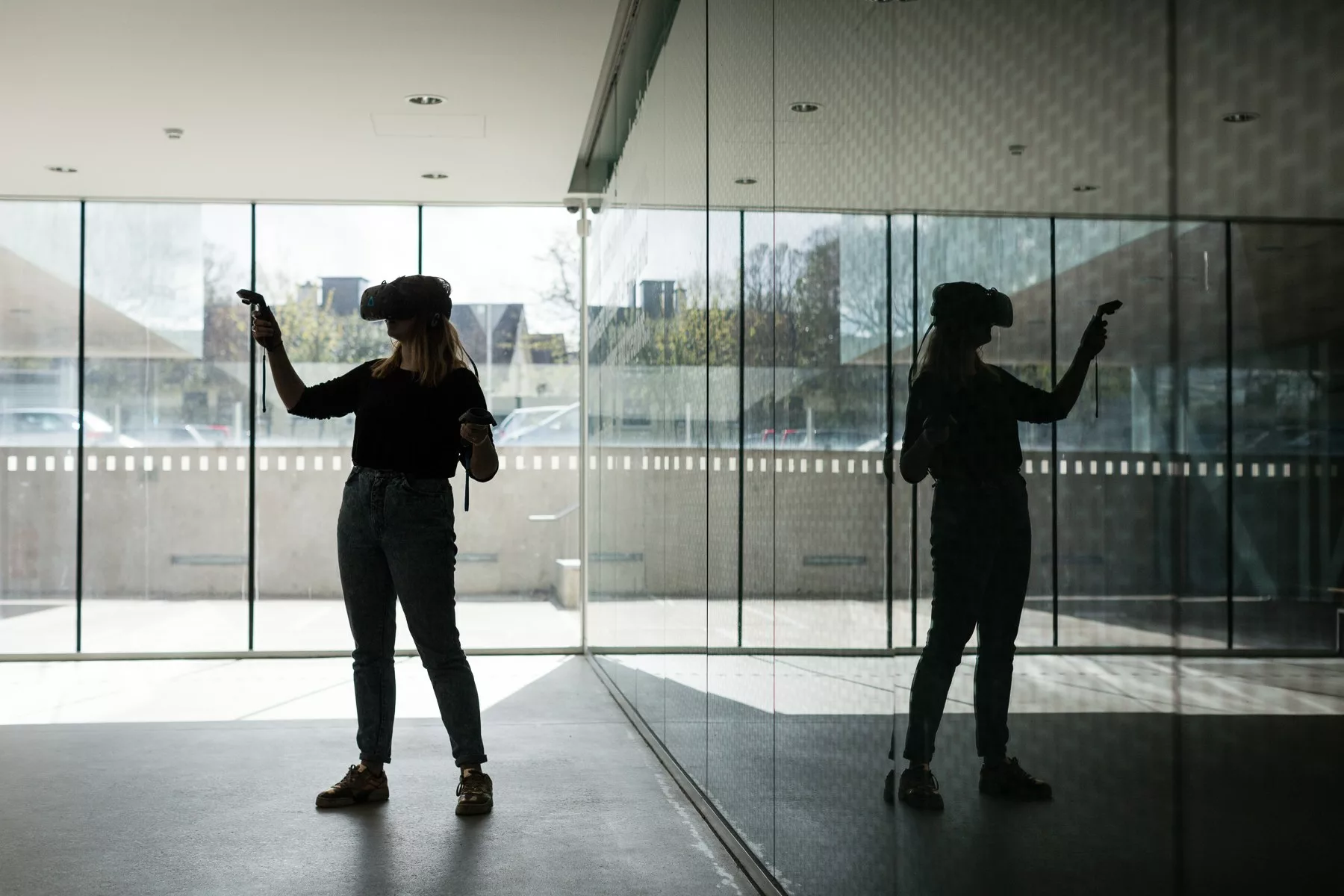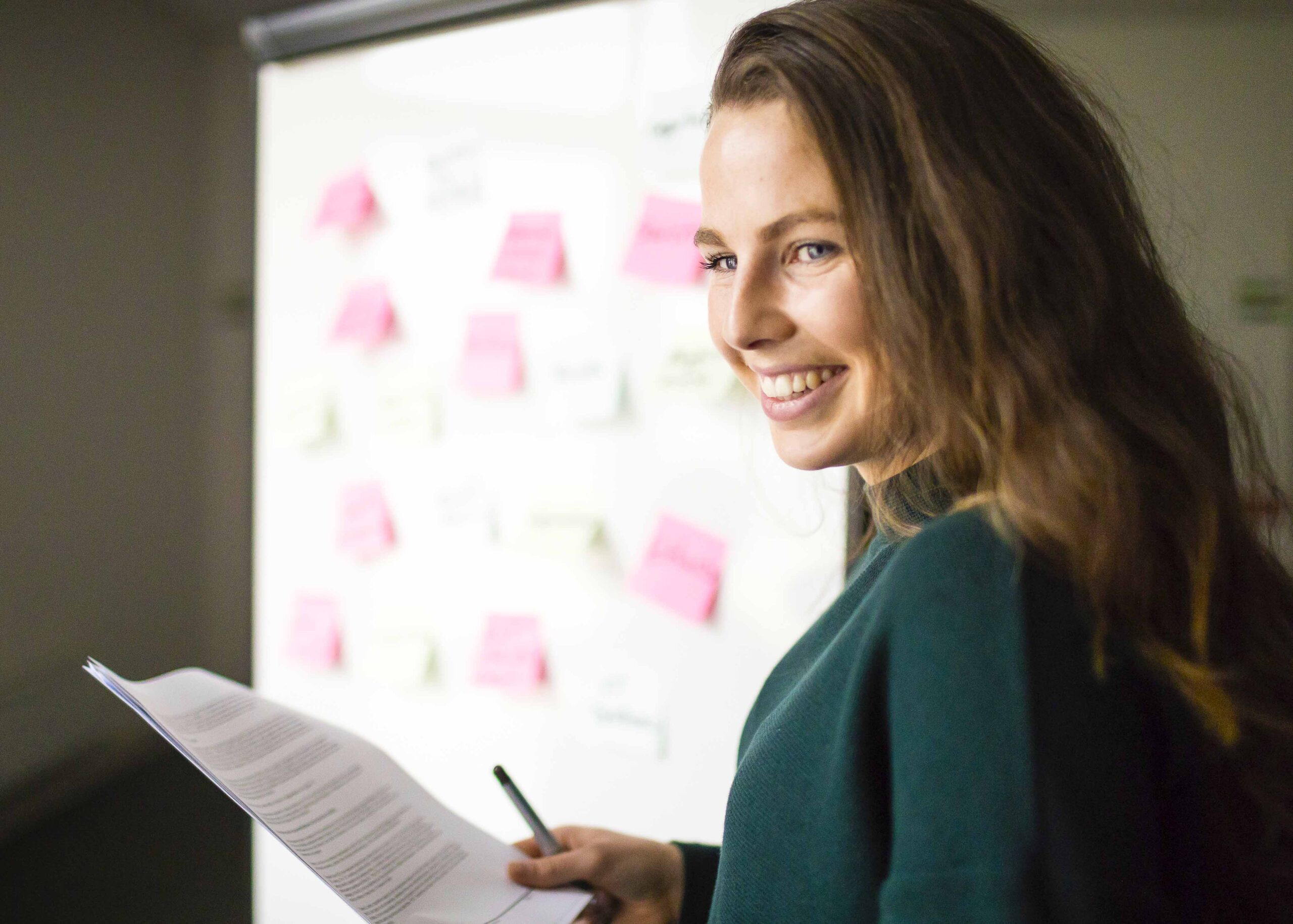We will examine the broadcast landscape in Ireland, and explore ways to create ground-breaking radio and podcasts that resonate. We will listen to, and create multiple examples of audio content in a variety of styles for both live and online contexts. You will also be able to analyse radio journalism as a discipline, and evaluate contemporary audiences and how to reach them.
• The Role of Radio and Podcast in Society: A Shared Experience in an increasingly atomised world.
• Styles and Forms – past, present and future (Golden age, Pirate, Commercial, Community, Public Service, Podcast).
• Idea Generation: How to generate original ideas and treatments that resonate.
• Building a Running Order.
• Sourcing and securing contributors.
• Planning and structuring programmes.
• Using sound effectively in radio and podcast features.
• Creating memorable, creative ads and promos.
• Live radio and Podcast production roles and values.
• Ethical Journalism, diversity, access and representation.
• Outside broadcasts and overseas productions.
• Costing, budgeting and project management.
• Finding a home for your audio work: Successful pitching to broadcasters and Funding bodies.
• Technical aspects of radio production, including recording, editing, mastering, mic technique, studio operations.




